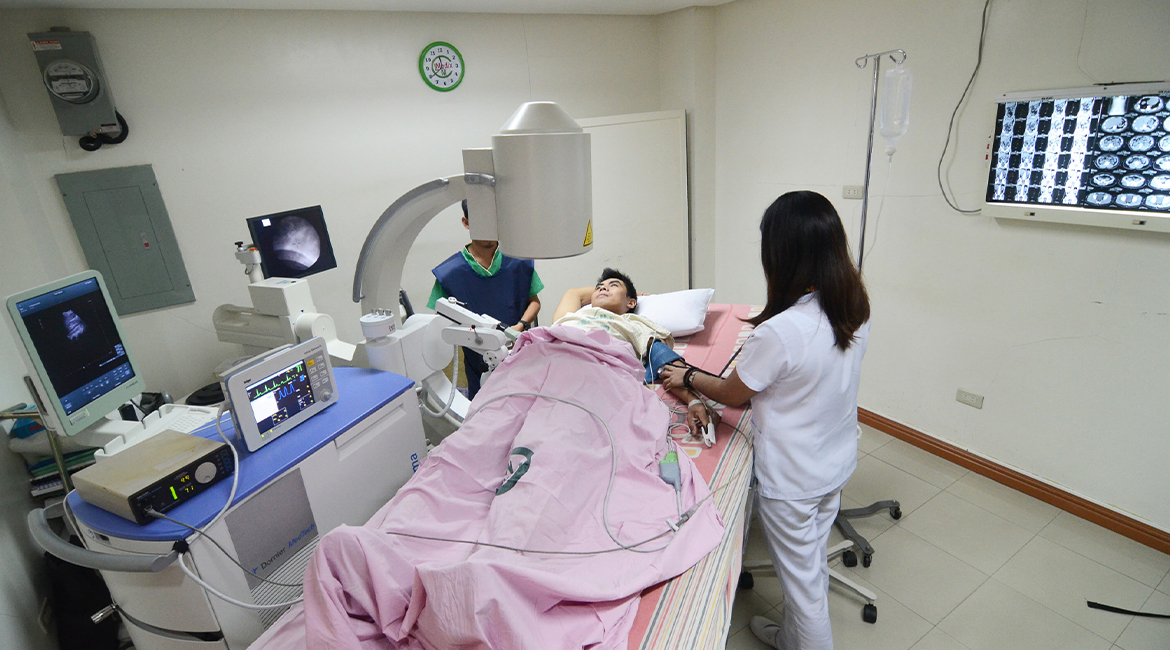Urology, also known as genitourinary surgery, is the branch of medicine that focuses on surgical and medical diseases of the male and female urinary-tract system and the male reproductive organs.
urology include the kidneys, adrenal glands, ureters, urinary bladder, urethra, and the male reproductive organs testes, epididymis, vas deferens, seminal vesicles, prostate, and penis.
Urological techniques include minimally invasive robotic and laparoscopic surgery, laser-assisted surgeries, and other scope-guided procedures.


Urologic surgery is the integration of surgical activities for the pelvis-the colon, urogenital, and gynecological organs-primarily for the treatment of obstructions, dysfunction, malignancies, and inflammatory diseases.
Types of Uro Surgery
TURP : Transurethral resection of the prostate is a urological operation. It is used to treat benign prostatic hyperplasia. As the name indicates, it is performed by visualising the prostate through the urethra and removing tissue by electrocautery or sharp dissection.
PCNL : Percutaneous nephrolithotomy is a minimally-invasive procedure to remove stones from the kidney by a small puncture wound through the skin. It is most suitable to remove stones of more than 2 cm in size and which are present near the pelvic region. It is usually done under general anesthesia or spinal anesthesia
D J Stenting :A double-J stent is a ureteral stent with curving ends that prevent the stent slipping into the bladder or the kidney.
URSL :URSL is a highly effective and minimal invasive procedure in the treatment of ureteric stones. Nowadays, most of the ureteric stones can be treated with URSL. Traditionally, staged URSL is performed for the management of bilateral ureteric stones.
Viu :

Lithotripsy is a procedure that uses shock waves to break up stones in the kidney and parts of the ureter (tube that carries urine from your kidneys to your bladder). After the procedure, the tiny pieces of stones pass out of your body in your urine.